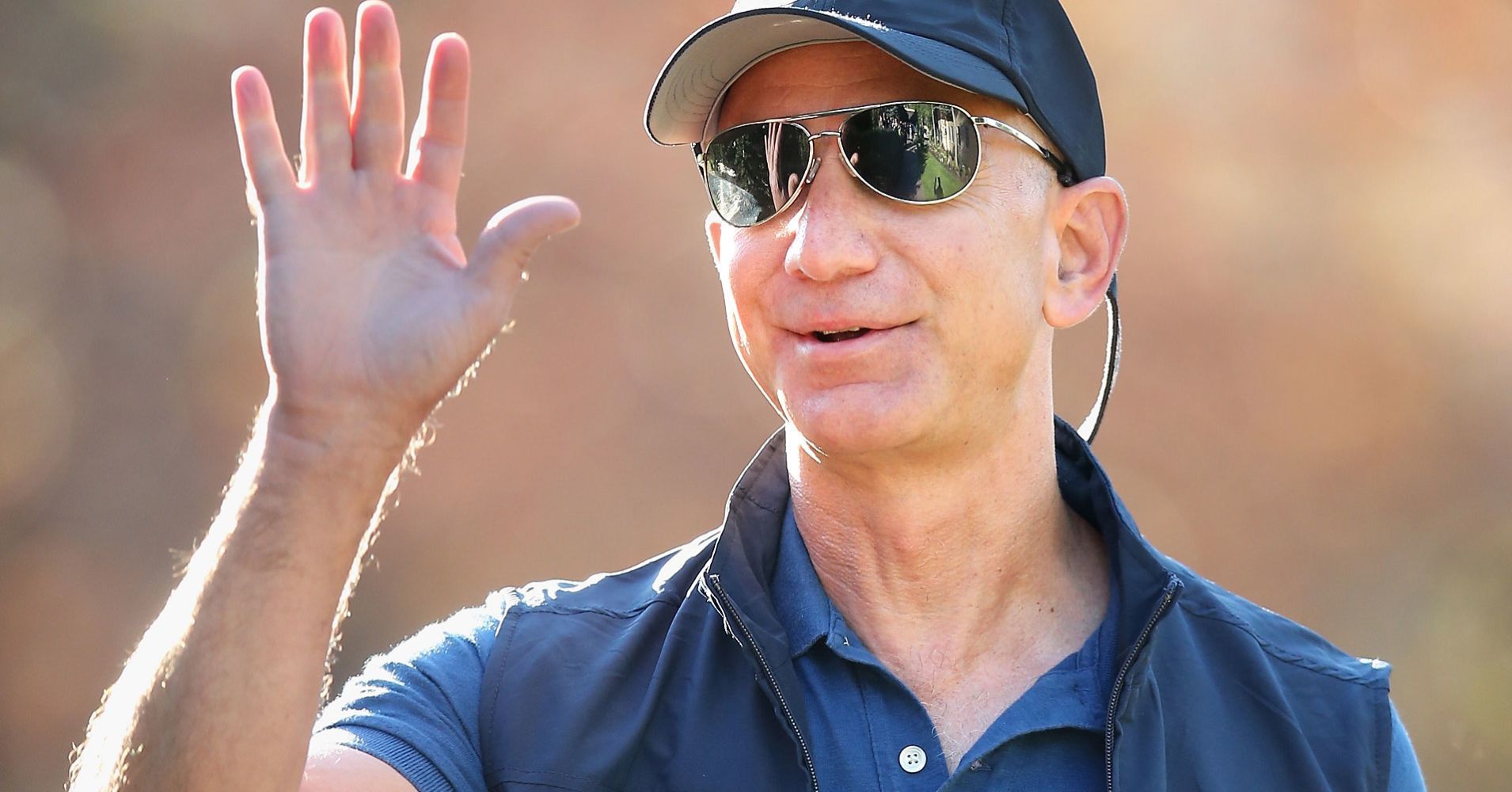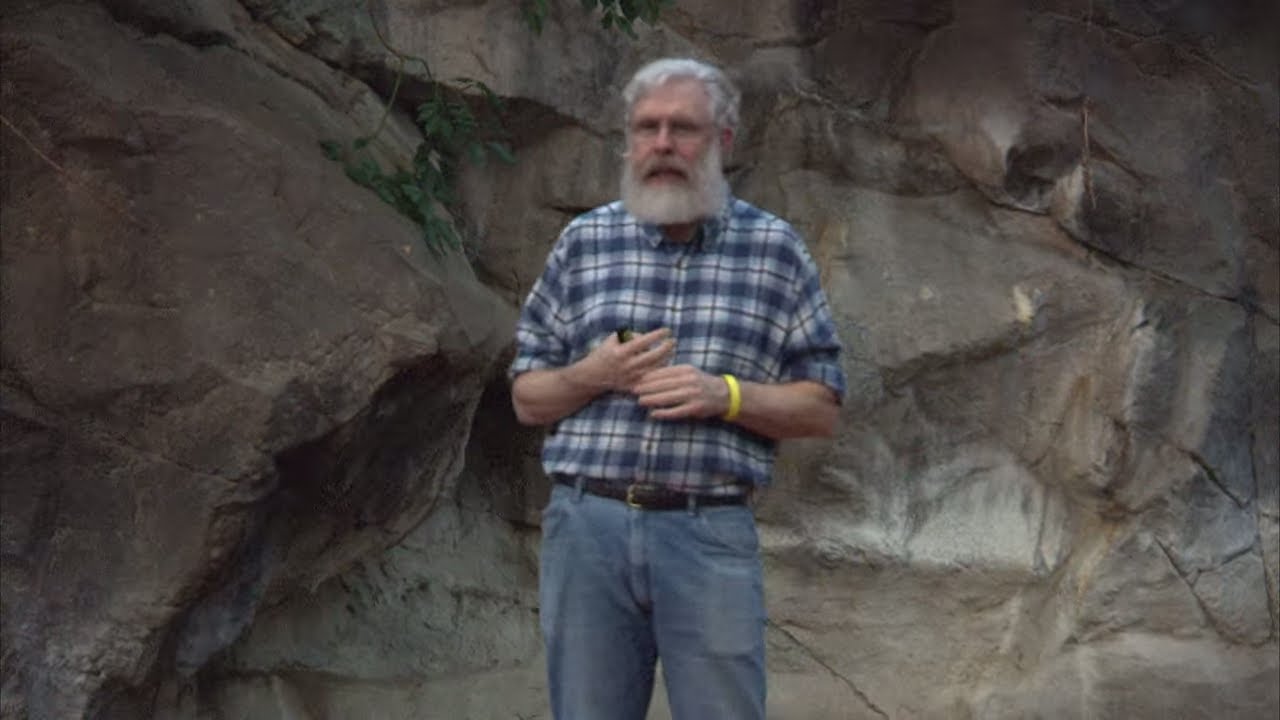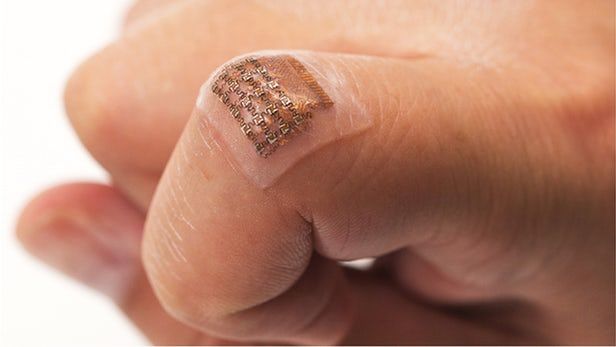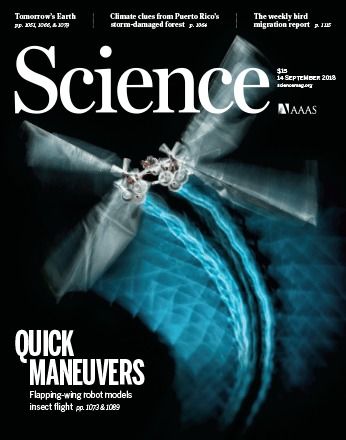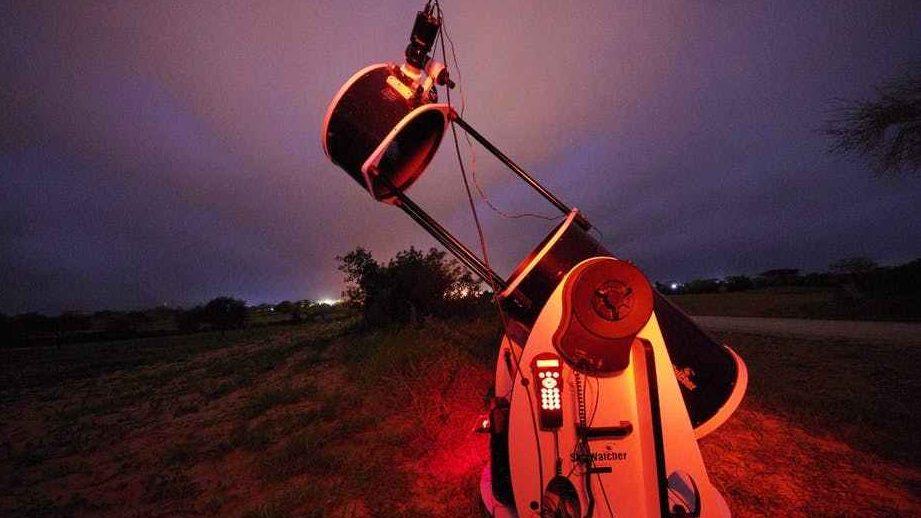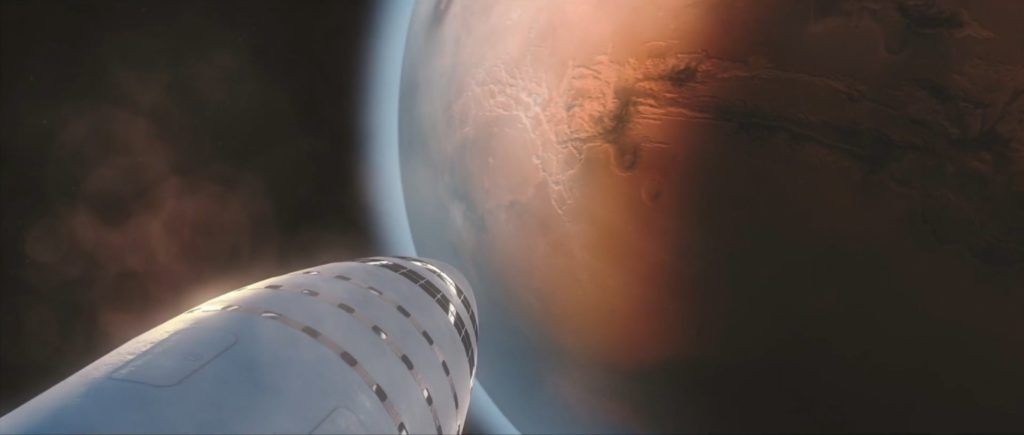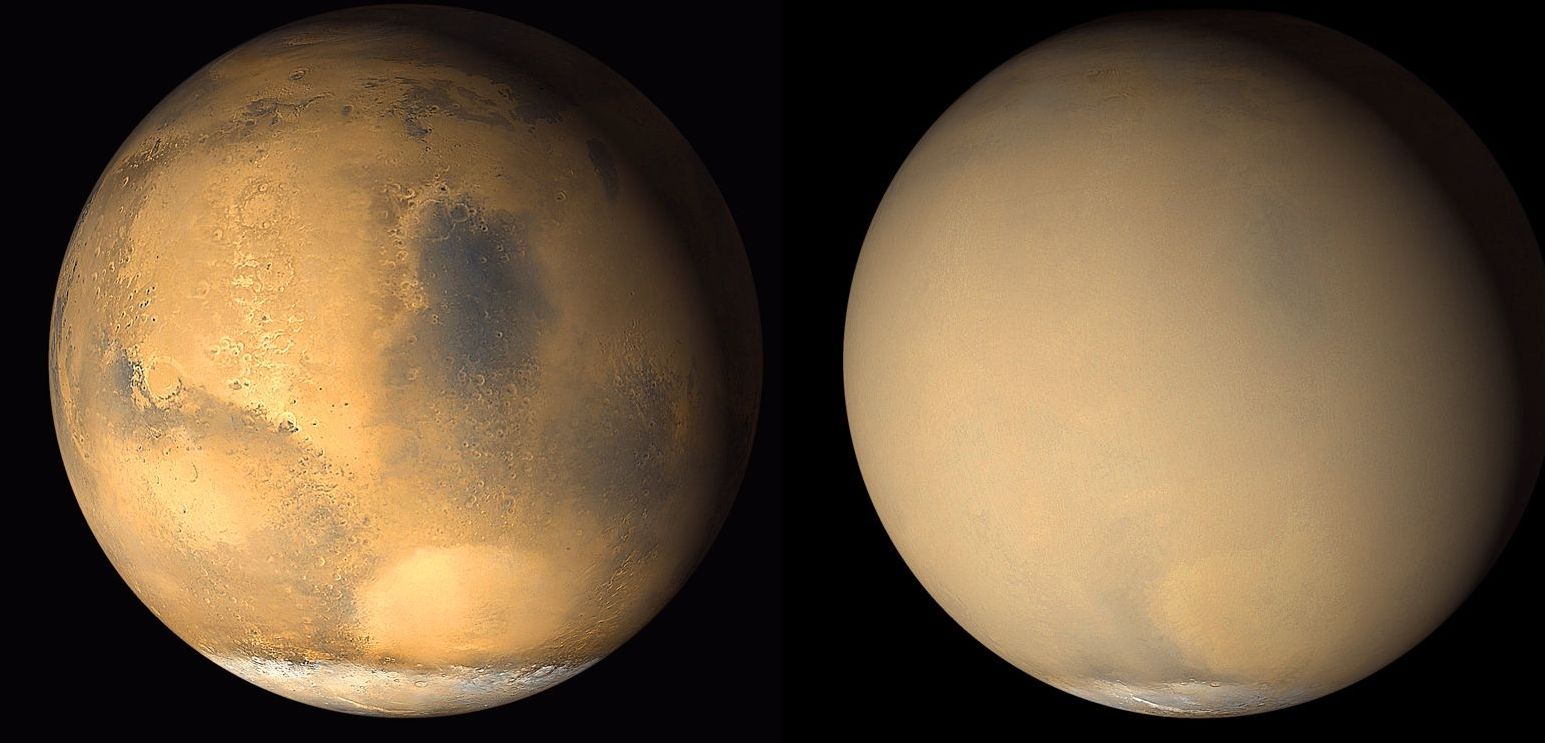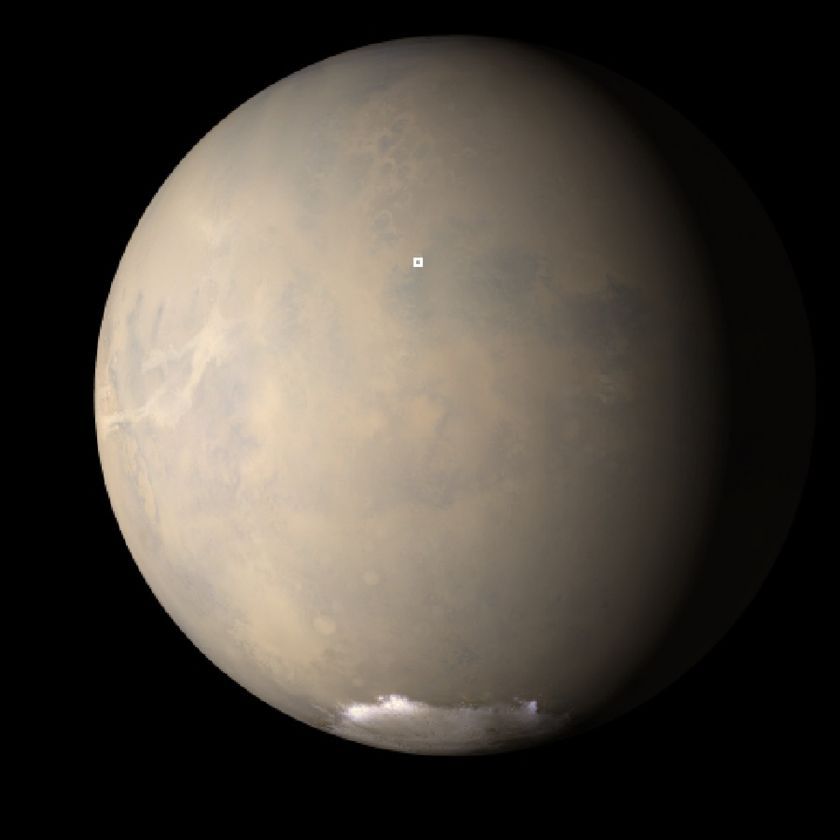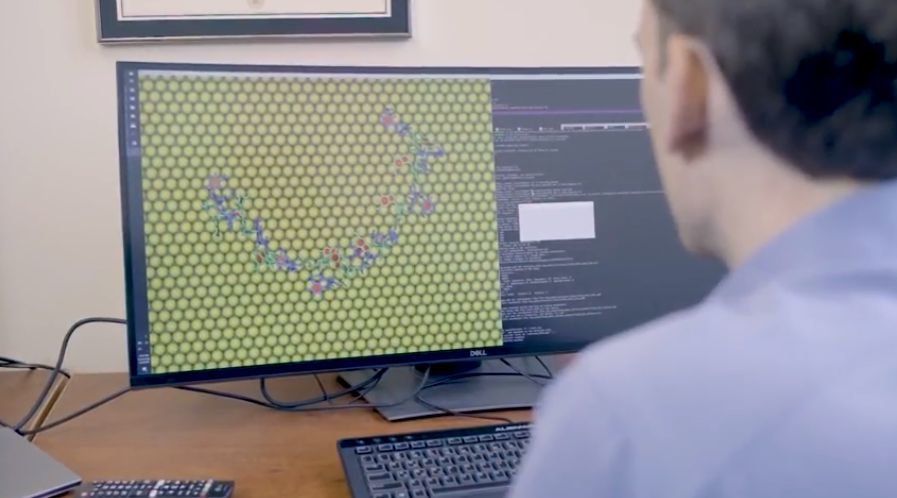Sep 14, 2018
Amazon’s Jeff Bezos launches a $2 billion ‘Day One Fund’ to help homeless families and create preschools
Posted by Derick Lee in categories: futurism, space travel
The fund will launch with a $2 billion commitment, split between the Day 1 Families Fund — helping homeless families — and the Day 1 Academies Fund — creating a “network of new, non-profit, tier-one preschools in low-income communities,” Bezos said.
As CEO of Amazon, founder of rocket company Blue Origin and owner of The Washington Post, Bezos is the wealthiest man in modern history, with a net worth of at least $150 billion.
Critics have long called for him to put his billions toward philanthropic efforts.
